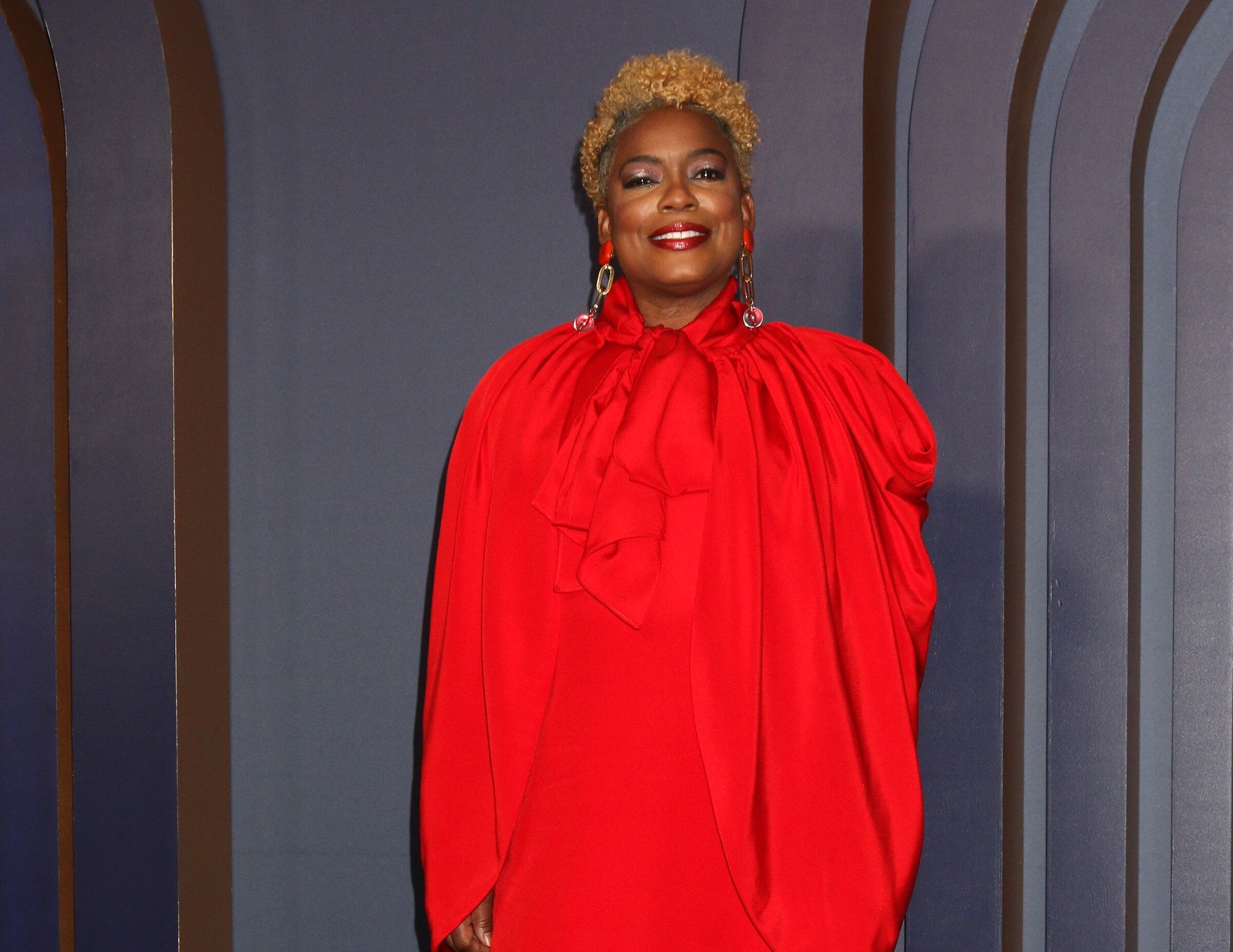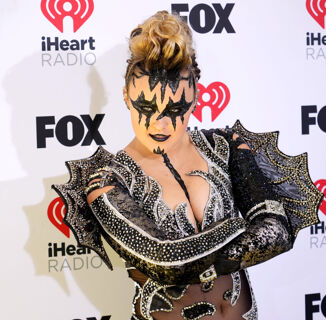The Color Purple has been a queer classic since its publication in 1982. It began as a novel by Alice Walker, and in the decades since, it’s received two film adaptations and been turned into a Broadway musical, all with the same story of Black lesbian love at their cores.
But with the latest adaptation, some folks felt that the love story between main characters Celie and Shug was swept under the rug — including a member of the cast.
Aunjanue Ellis-Taylor, who played Mama in the 2023 version of The Color Purple, called out the film for putting its queer elements to the side.
“The Color Purple is a book about Black lesbians,” she said in an interview with Buzzfeed. “Whether the choice was made to focus on that or not in the cinematic iterations of The Color Purple, it’s still a movie about Black lesbians. People can try to say the story is about sisterhood, but it’s a story about Black lesbians. Period.”
Culture, unfiltered
Twice a week, our newsletter will bring you the pulse of queer culture, from the tastemakers to the groundbreakers.
“What is hard for me is that when we have those spaces where we can honor the truth of that, we walk away from it. We suppress it. We hide it. We sanitize it. In the sanitizing of it, someone like me — knowing that The Color Purple is a book about Black lesbians — looks at that and thinks, ‘You’re sanitizing me and my friends, and other people who I love and adore. Why?’ [If it’s because] you don’t want to be offensive, then you’re saying to the world that I’m offensive.”
Related:
Understanding sapphic: A deep dive into its meaning, history, and significance
From history to modern-day significance, this deep dive uncovers the essence of the term sapphic.
5 Black Sapphic Celebrity Relationships That Scream Couple Goals
Here are five Black sapphic celebrity couples showing us what queer couple goals look like.
Ellis-Taylor herself identifies as bisexual, making the issue near and dear to her heart. She famously wore the word “Queer” on her sleeve at an Essence magazine event in 2022, which served as her coming out — but the queer plot of The Color Purple resonated with Ellis-Taylor long before then.
“The first time that I saw The Color Purple, it [was] before I understood who I was,” she said. “I knew that watching Margaret Avery kiss Whoopi Goldberg was astonishing, exciting, and affirming. It showed me the possibility of myself and the possibility to love a woman who loves me in return. I’ll never get over that. It lives with me. It’s hard seeing so much about the film [being discussed], but [the queer element] is the least discussed. Why are we talking about it almost in a sort of incidental way?”
The answer, said Ellis-Taylor, may lie with the people behind the film adaptations. To authentically tell a story about Black lesbians, there should be Black lesbians behind it.
“You have to have Black women and Black queer women in the making of it,” Ellis-Taylor explained. “Neither one of the cinematic iterations of The Color Purple [had Black or Black queer women creating it]. The first one was written and directed by a white man. The remake was written and directed by a Black man. I think the writer might be a queer man, but it ain’t the same.”
Related:
10 Black queer authors you should be reading all year long
Here are just a few Black authors whose work will open your eyes, change your life, and keep you turning the pages.
Fantasia Barrino, Halle Bailey, and Taraji P. Henson Shine in the Trailer for ‘The Color Purple’
Warner Bros. just dropped the emotional first trailer to ‘The Color Purple’. But how queer will it be?
Ultimately, doing better by Black lesbians is a matter of bravery, Ellis-Taylor said.
“Somebody has to be brave,” she said. “Alice Walker wrote a book about Black lesbians, and we’re still telling that story today. The Color Purple is one of the most important books in the canon of world literature. People are still buying the book. There is business in bravery.”
Don't forget to share:
Help make sure LGBTQ+ stories are being told...
We can't rely on mainstream media to tell our stories. That's why we don't lock our articles behind a paywall. Will you support our mission with a contribution today?
Cancel anytime · Proudly LGBTQ+ owned and operated
Read More in Culture
The Latest on INTO
Subscribe to get a twice-weekly dose of queer news, updates, and insights from the INTO team.
in Your Inbox


















